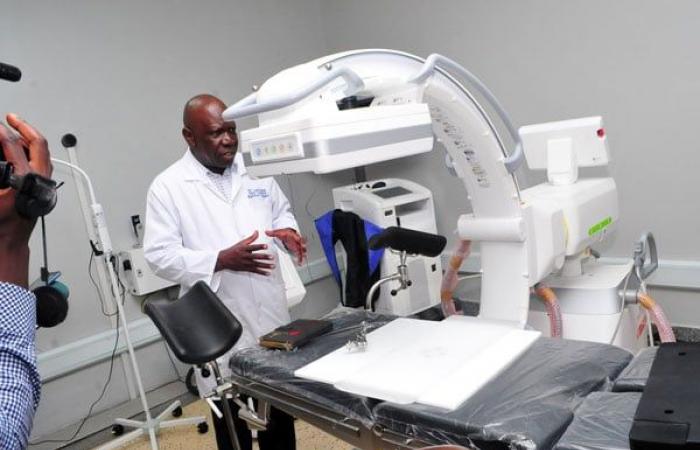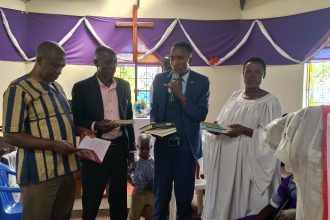Selected districts in the West Nile region are witnessing positive outcomes from community service orders as an alternative to custodial sentencing. Community service orders, issued under the Community Service Act, mandate offenders to undertake community work for a specified duration. This approach has been effective in reducing the prison population, according to insights gathered by New Vision Online.
In the fiscal year 2022/2023, Yumbe district recorded 220 community service orders, Koboko had 187, and Arua had 341. However, in the first half of 2023/2024, there was a notable decline in community service orders: Yumbe had 53, Koboko 66, Maracha 39, and Arua had 257. These figures suggest a shift towards alternative sentencing and rehabilitation efforts.
Justice Tadeo Asiimwe, chairperson of the national community service program in the Courts of Judicature, emphasized the role of community service orders in decongesting prisons. He highlighted the program’s evolution from primarily offering alternative sentences to a more comprehensive focus on offender rehabilitation.
During a meeting aimed at promoting community service in the country, Justice Asiimwe underscored the importance of effective rehabilitation to prevent recurring appearances of offenders in the justice system. He urged judicial officers to consider custodial sentences for serial offenders, emphasizing the goal of reducing repeat offenses through appropriate rehabilitation.
Leni Ndori, the regional prison commander of North West Nile, provided an update on the current prison population, citing 4,155 inmates, 16 children, and 15 debtors. He acknowledged positive coordination between the prisons, the Judiciary, and community services, resulting in a decrease in riots in the region. Ndori highlighted the shift from prolonged custodial sentences for petty offenders to increased utilization of community service as an alternative.
However, Ndori raised concerns about delayed justice in the courts of law. Arua Resident District Commissioner Geoffrey Okiswa echoed these concerns and highlighted a communication gap between the district security committee and the Judiciary regarding community service orders. He stressed the need to bridge this gap for better monitoring of individuals engaged in community service.
A former offender, Ben Amandu, shared personal experiences, emphasizing the positive impact of rehabilitation programs. Amandu gained skills in bricklaying, soap making, and producing reusable pads through a European Union-supported initiative. He credited the rehabilitation program for enabling him to become self-reliant, emphasizing its transformative potential.




















